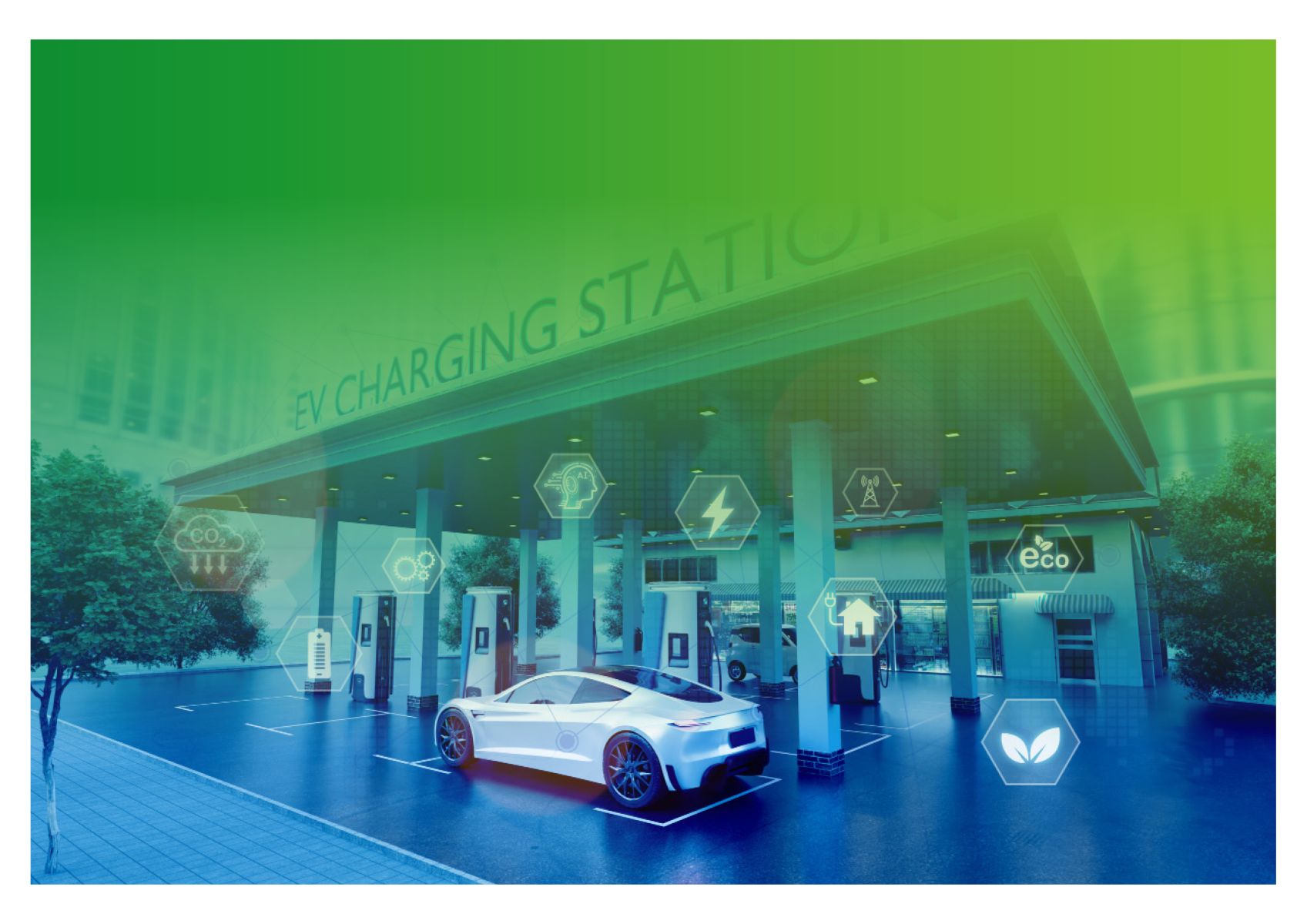Advanced Cellular connectivity provides the only real option to ensure an independent, resilient, and globally coherent communications solution for EV Charging Infrastructure
Governments around the world have spoken, and the future of transportation is electric!
Policies mandate obsolescence of the internal combustion engine within a very short timescale, meaning rapid and significant expansion of EV charging infrastructure is now essential to support this transition.
As a supplier of rugged industrial electronics, Advantech provides charger manufacturers with a wide range of the components and devices used within their products. It has become clear from this experience that the most significant contribution to the success of charging infrastructure will be made not by the in-charger computers and displays, but instead by the communications technology and supporting edge intelligence deployed to connect and manage large numbers of geographically distributed charging stations.
Without doubt, correct sourcing of the internal computing, sensing and control components within a charger is important, and the proven ruggedness and reliability of Advantech’s solutions can significantly reduce the incidence of failure when compared to other options. However reliable the electronics are though, charger failures will still occur for reasons such as software error, mechanical accident, or malicious damage from either physical or cyber-attack. These failures will therefore be an ongoing reality that must be effectively and efficiently managed if the charging infrastructure is to gain the public confidence necessary to convince motorists to abandon the convenience, speed and availability of conventional fuel filling stations and switch to EVs.
Key to this will be the ability for operators to monitor the health of all system components in real time, and crucially to also be able to remotely diagnose, and potentially remotely repair or upgrade individual charging stations or chargers. In this context, the functionality available from the charging site edge gateway becomes critical.
EV station sites may be owned by the charger operators, but many sites will be owned by third parties, such as shopping centers, or be in public ownership, for example, on-street parking. This diversity of site ownership means operators cannot rely on any communications systems provided by the site owner. Indeed, in many cases there will be no pre-existing communications provision at a new charger site. Cellular connectivity therefore provides the only real option to ensure an independent, resilient, and globally coherent communications solution. Further, considering the need to provide a rapid and reliable transaction experience for the public, the variety of installation environments and associated radio penetration profiles and taking a forward view of the likely in-service lifetime of charging stations, 5G cellular communications becomes the obvious preferred choice for the core operating technology.
As with any system involving customer data and financial transactions, the security and reliability of data exchange between remote and central systems is of fundamental importance. The industry has addressed this by adopting the Open Charge Alliance OCPP protocol, providing mechanisms for secure and reliable communications between endpoints, together with a promise of interoperability between different vendor systems. It also provides support for many of the operations within a charging station, together with some capability to monitor and set station configurations. 5G provides layers of additional access and message security to this standard, and the selection of an appropriate cellular edge gateway can further enhance this provision with yet more layers of authentication, encryption, and security.
Besides managing cellular communications to ensure connectivity, the edge gateway must also be able to provide routing capabilities to ensure that messages are reliably delivered to the correct internal charger element. However, by providing different levels of device access to different stakeholders, the gateway can significantly enhance both maintainability and flexibility, allowing not only connectivity between the various applications and devices used in the charging process via OCPP but also, to authorised stakeholders, providing connectivity to the underlying hardware and operating systems of both the gateway and any connected devices supporting this capability. This enables remote diagnostics, firmware upgrades or security patching of devices to take place not only at application level, but also at the underlying operating system and even potentially the core hardware level, offering capability to remotely detect, diagnose and repair errors without incurring the expense, downtime or inconvenience associated with engineer site visits.
The deployment of EV charging infrastructure will rise exponentially and globally over the coming years. As operators build out ever larger charging networks, the need for a consistent, reliable, and independent communications mechanism which caters for the diversity of charger site location, characteristics and ownership becomes increasingly important. 5G cellular provides the necessary bandwidth, functionality, and future proofing to make it the ideal solution choice. By careful selection of the cellular edge gateway, manufacturers and operators can implement additional remote management, monitoring, diagnostic and maintenance capabilities over those provided by the OCPP protocol to significantly improve charger availability whilst concurrently reducing the lifetime cost of ownership. To learn more about the solutions within Energy & Utilities at Advantech, please visit: https://www.advantech.com/en-eu/solutions/energy-and-utilities
To find out more about technology and solutions trends for EV charging, please download the EV Charging Whitepaper: https://www.advantech.com/en/form/74d570ba-2b8d-4cba-9ed1-1b55b0223644?callback=c126f621-e52f-437d-8959-facabf20bf9f
Advantech Europe
Phone: 00800 2426 8080
Email: customercare@advantech.eu
https://www.advantech.com/en-eu/contact


